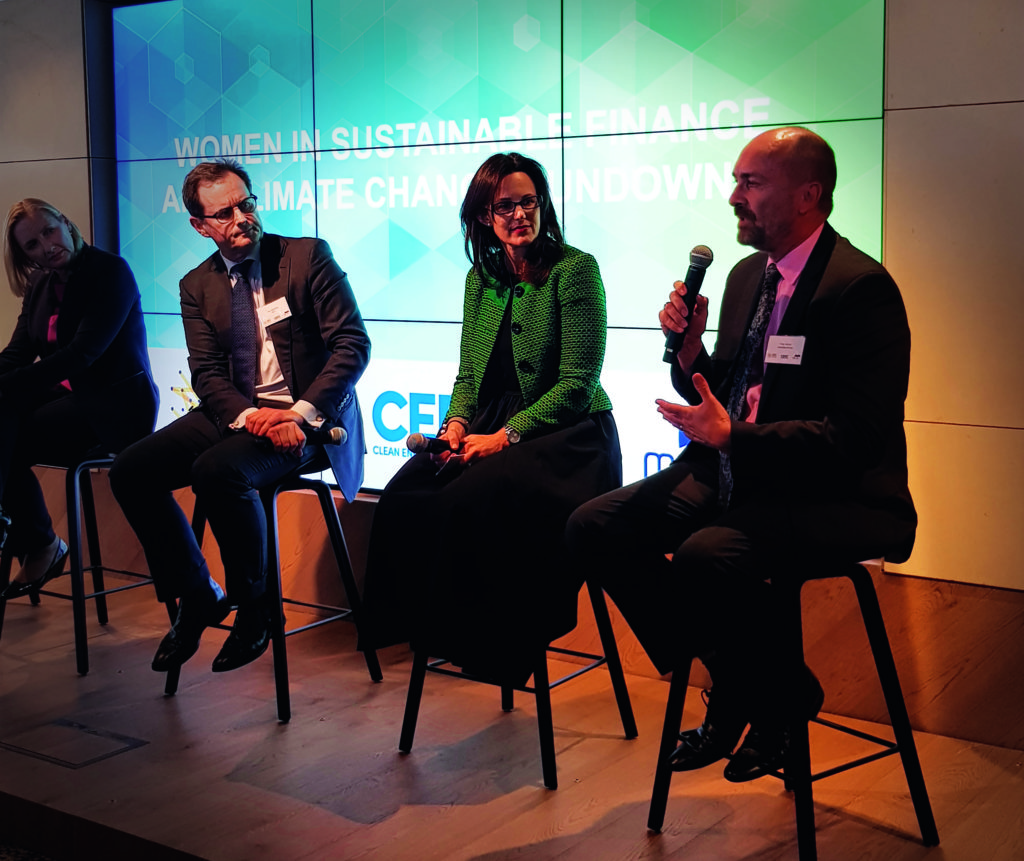Gender equality is an issue that touches the lives of every person in every corner of the globe. Whether it’s you, a friend, or a family member, many of us have experienced the impacts of gender prejudice firsthand. Although Australia has come a long way towards gender equality there are still significant changes to be made. Here we touch on just a few areas where women in the workplace are agitating for change, in particular with wages, career progression and super savings.
You probably already know that men tend to get paid more than women. In Australia, for every dollar a man earns, a woman earns only 82 cents. In fact men out-earn women in every industry and occupation in Australia – on average men earn $26,000 a year more than women.
Why? There is no one simple answer. On one level, women earn less than men because they are more likely to work part-time (they are 72% of all part-time workers), and are over-represented in jobs or industries that are traditionally paid less, such as childcare, nursing, teachers and retail. Women often choose these careers and part-time options because they provide flexibility that allows them to be the primary carer for their children.
Apples for apples
But this is not the full story. If we look at like-for-like roles; there is still a gap between the earning power and career progression of women and men. When women enter graduate positions they start out with a base salary on average 1.9% lower than men. For C-suite positions (that is, top senior executive level so-called because they tend to have the word ‘chief’ in their job title) women earn almost $100,000 per year less than their male colleagues.
In Australia, the pay gap has drifted between 15-19% for the past two decades. The gap for full time total salaries improved by 0.7 percentage points last year. But it’s not enough.
The boss gap
At the start of the career ladder, depending on the sector, there is usually an equal representation of men and women. Yet, men are two to three times more likely to be promoted to a senior management position than women.
And it’s the same story on boards, where just 26% of board positions are female among the ASX 200 companies – 8 boards still do not have any women. In some other countries, female representation on boards is almost non-existent.
As an investment company, Australian Ethical recognises our unique position to encourage companies to think more about diversity. In 2016 and 2017 we used our vote at AGMs (which by the way are possible because of your investments with us), to vote against the proposed reappointment of company directors where there were no women on the board.
One reason there aren’t as many women in management is that workplaces are hiring people who are similar to people already in the company – that is people who look like them. This isn’t always on purpose. It’s often an unconscious bias, which is part of the reason why it’s such an interesting problem to tackle. But being aware of the situation is the first step.
One thing for sure is women aren’t born less ambitious than men. An interesting study by Harvard found that female graduates actually led men in terms of ambition to reach top management. However, after two years at work, ambition plummeted by 60% and confidence dropped nearly 50%. These declines came regardless of marriage and motherhood status, and compared with much smaller changes for men, who experienced only a 10% dip in confidence. This study raises important questions about why our workplaces are making women dream smaller.
The super gap
Lower wages and less time in the workforce means women end up with much less in their super to support their retirement. According to the Association of Superannuation Funds of Australia (ASFA), “Average superannuation balances at the time of retirement in 2015–16 were $270,710 for men and $157,050 for women.”
Libby Lyons, Director of the Workplace Gender Equality Agency suggests, “Employers can play a key role in addressing the superannuation gap by providing more opportunities for women to access better-paying jobs and to progress into management roles”.
At Australian Ethical we’ve taken a small step towards rectifying this imbalance by paying full super contributions while a staff member is on parental leave (which by the way, we think is a more inclusive way of referring to maternity or paternity leave).
Sharing the caring
To address the pay and super gap, women need to work more, which can only be fully enabled by men taking on more caring responsibilities. According to the Australian Bureau of Statistics, female parents spend at least double the amount of time caring for children than male parents.
While there are physiological reasons for why a mother might decide to take parental leave initially, such as breastfeeding, it doesn’t have to be the same story for everyone. Our Head of Ethics Research Stuart Palmer is an example of a new way forward. After his second child turned one, Stuart moved to part time work from home to take on a greater share of the care for his children, which helped his partner continue her career.
This story is sadly too rare as social pressure can make men feel uncomfortable working flexible hours or taking time out of work to care for their children. Unfortunately in Australia men are twice as likely as women to have requests for their flexible work hours rejected. For women to achieve equality we need to disrupt the stigma around stay-at-home dads and part-time male workers. Gender equality promises a brighter future not just for women, but for everyone.
Industry bodies keeping companies accountable
To help generate real action on gener equality, it can be helpful to set targets. Here are a few initiatives by industry bodies that are helping:
- Australian Council of Superannuation Investors has a target of 30% women on boards of the ASX200. See more.
- Australian Institute of Company Directors has a target of 30% of ASX 200 board seats filled by women by the end of 2018. See more.
- Australian Government raised its target for women on government boards to 50% in 2016 (previous target was 40%). Read more.
- The 30% Club started in the UK has Australian chapter aiming for 30% women on ASX 200 boards. See more about ‘The 30% Club’ here.
Impact of the finance sector
The finance sector can have a significant influence to help support businesses that are gender-aware. The author of this article, Ella McKinley, co-founded the Women in Sustainable Finance Group. It’s a networking and educational forum for women working in sustainable finance, clean energy, impact investing and sustainability. The group’s public events are an opportunity for businesses to encourage debate and share their solutions as industry forums are too often male-dominated and there are only limited industry forums devoted to the topic of women.

Pictured here is one of the group’s panel events in Sydney in December 2017, which included (pictured left to right): Susan Lloyd-Hurwitz, CEO of Mirvac; Ian Learmonth, CEO of the Clean Energy Finance Corporation; Katherine Tapley, Head of Sustainable Finance Solutions at ANZ; and the former Managing Director of Australian Ethical, Phil Vernon.



